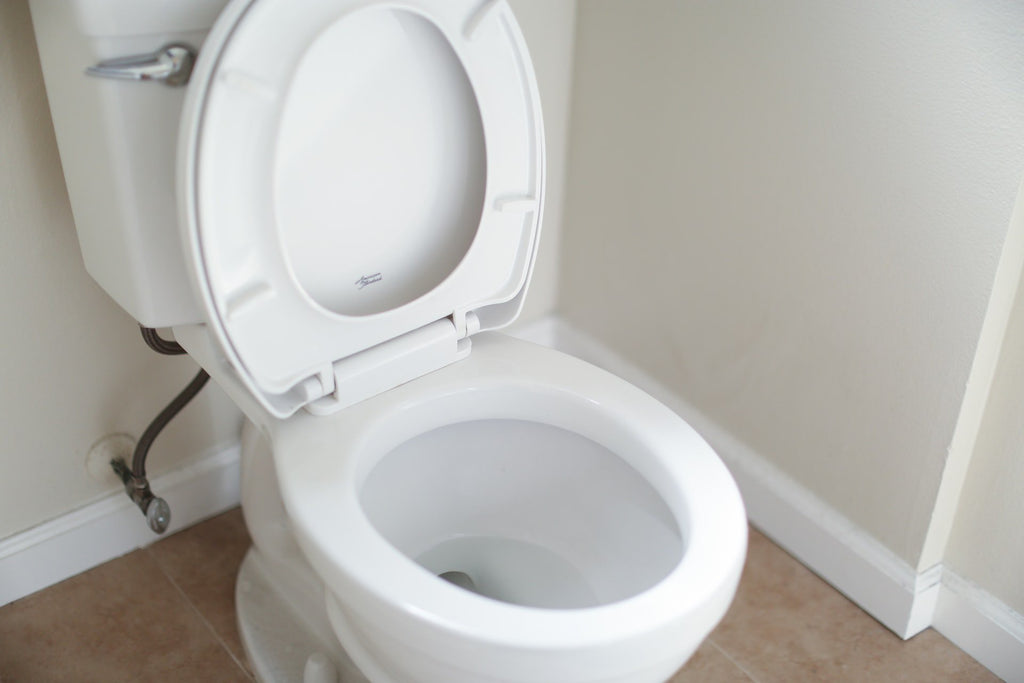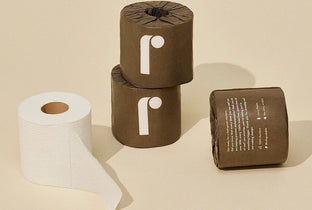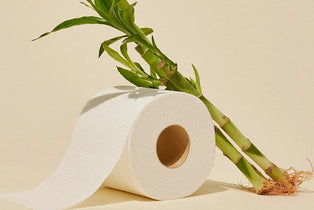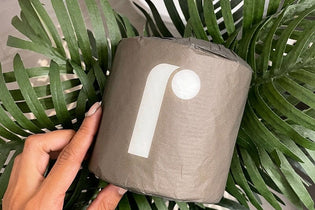
TLDR
At one point or another, all of us have experienced the dread of flushing the toilet only to discover there’s a clog. Fortunately, there are ways — such as using biodegradable toilet paper — to prevent this unseemly fate from befalling you.
On ReelTalk, we want to make your life easier, so we’ve put together a list of tips and tricks for keeping your toilet running smoothly.
Here’s how to prevent toilet clogs and keep your pipes free and clear!
Keep the Lid Closed
Although it may go without saying, keeping the lid of your toilet closed successfully prevents frequent toilet clogs. According to plumbing professionals — or plumbers — foreign objects cause a significant amount of drain clogs.
Whether you knock a decoration off the back of the toilet or a curious kid drops a toy into it, your toilet does not play well with foreign objects. Keeping the lid down prevents anything from getting in that could cause a clogged toilet drain.
Keeping the lid closed also prevents other toilet-related mishaps. Even though toilet water is technically clean, there’s just something about dropping your toothbrush into it that makes you want to get a new toothbrush.
Avoid Flushing These 8 Things
Furthermore, by not flushing toilet-unfriendly items, you can avoid unnecessary clogs as well as any embarrassing conversations with the plumber. Here are a few items to avoid flushing:
- “Flushable” wipes — they’re not really flushable.
- Gum is sticky and will likely cause buildup and frequent toilet clogs.
- Extra-thick toilet paper — opt for biodegradable toilet paper instead.
- Hair or dental floss gets tangled and form a net.
- Diapers and menstrual products absorb water, not break down in it.
- Medication does break down but contaminates the water supply.
- Cotton swabs and balls just clump together in the water.
- Food products and cooking grease haven’t been digested and don’t break down properly.
The toilet is not a trash can. It’s been designed for a very specific purpose, so only toilet-friendly items should be flushed.
Clean Your Toilet Regularly
Regularly cleaning your toilet with a mild cleaner can do wonders for the health of your plumbing. Not only does it maintain bathroom hygiene, but it also prevents the buildup of potentially clog-causing substances.

However, when cleaning your toilet, you should not use strong chemical cleaners. Products like bleach are far too harsh to be used on toilets or septic systems. Instead, vinegar, baking soda, and mild soap are great for cleaning your toilet!
Use Biodegradable Toilet Paper
Your choice of toilet tissue paper has a significant impact on the frequency of clogs. Some toilet tissue papers are just too thick, so any reasonable amount ends up clogging to the toilet drain. Biodegradable toilet paper, though, breaks down in the water with ease.
Finding the right toilet paper alternatives or using a biodegradable toilet paper that balances flushability with functionality and comfort can be challenging. At Reel, bamboo toilet paper has the strength and softness of bamboo while maintaining excellent biodegradability.
Have a Flange Plunger on Hand
Having the proper toilet plunger on hand empowers you to tackle a clogged drain, if they occur, as well as address slow flushes early on. A slow flush may be a sign of a buildup toilet clogging debris, so dealing with it early prevents a clogged drain down the road.
That being said, a plunger is less-than-useful if you don't have the proper type. A toilet plunger — also known as a flange plunger — has a curved lip and a neck. A flat plunger — like those portrayed in pop culture — is mostly used for sinks and is unable to form the seal needed to unclog a toilet.
Dealing with Minor Clogs
If your toilet has a minor clog, several home remedies can come to your rescue. First, if you suspect the toilet clog is due to excessive toilet paper or a non-flushable item, consider using a flange toilet plunger (mentioned above). The plunger creates suction that can dislodge the debris causing the clog. If plunging doesn't work, adding a mixture of hot water and mild dish soap to the toilet bowl can help break down the clog, especially if it's from toilet tissue. Modern toilets, especially the low flow toilet types, can be more prone to clogs, so always be mindful of flushing pressure and avoid flushing paper towels or any large amounts of toilet tissue at once.
Recognizing a Serious Clog & When to Call a Plumber
While some toilet clogs can be addressed with home remedies, there are signs that the plumbing issue is more serious and requires the attention of a professional plumber. If your toilet keeps clogging, it may be due to underlying plumbing problems such as issues with the sewer line or toilet vent. Frequent toilet clogs might also suggest problems in the broader plumbing system, like hard water buildup in the pipes or a clogged toilet drain. If you've tried multiple solutions and the toilet clogging persists, it's time to call a plumbing service that can use a toilet auger or a toilet snake. In this instance, a clogged drain can hint at a larger drain line or plumbing system concern that needs professional intervention.
Maintaining Toilet & Plumbing Health
Nobody enjoys a clogged toilet. It’s inconvenient, annoying, and gross. Fortunately, there’s action to be taken that can prevent such toilet plumbing issue— for example, using biodegradable toilet paper. By following these five tips, you can minimize your risk of a toilet clog.
For more bathroom tips and tricks, follow us on social media!



0 comments